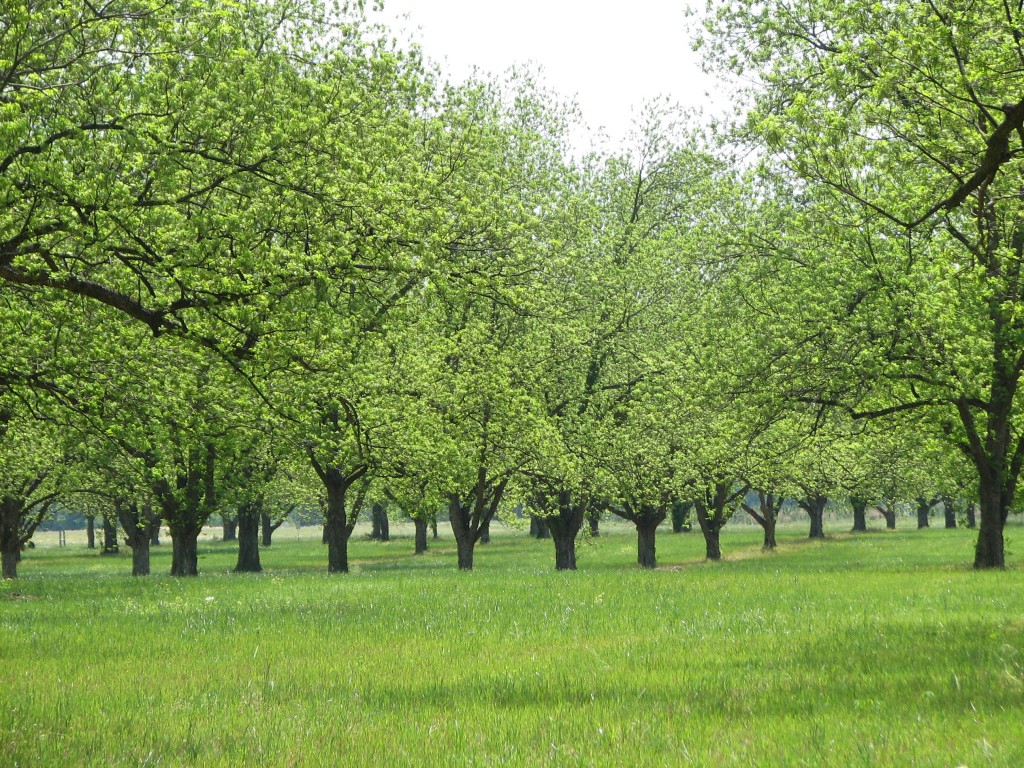Uncategorized
-
Back in June I posted a blog about the relationship between high soil temperatures and leaf scorch/shedding of pecan leaves. Since that time not much has changed. The heat has been relentless and it has remained hot and dry throughout the pecan belt in Georgia. Almost every leaf sample I have looked at from all…
Posted in: Uncategorized -
For those brave souls willing to thin some nuts from heavily loaded trees, now is about the time for most of our mid-season cultivars. Varieties like ‘Creek’, ‘Stuart’ and ‘Cape Fear’ should be ready as early as this weekend and certainly by next week for most of south Georgia (The middle Georgia area may be a few…
Posted in: Uncategorized -
Its leaf sampling time (see here for previous post on leaf sampling procedures) and based on the calls I’ve gotten many growers are wisely taking this opportunity to pull soil samples as well. Many have found that pH in the herbicide strip is lower than that found in the middles. When we were doing the…
Posted in: Uncategorized -
I recently found a typo in my article in the last issue of the Georgia Pecan Grower Magazine and thought it would be a good idea to share it with growers in the midst of irrigating in the hot, dry weather. On p. 4 of the June 2016 issue it states you need 1400-1600 gal…
Posted in: Uncategorized -
Spittlebugs can be quite obvious in an orchard when they move in. We have had a number of calls lately about spittlebug due to the large number of spittle masses observed in many orchards. While spittlebug can be alarming, they almost never cause any economic damage and growers should not worry about them in most…
Posted in: Uncategorized -
It’s June and temperatures have taken a big jump in south Georgia. Each year when this happens we see leaf drop on ‘Desirable’ trees, as well as a few other varieties. See posts from 2014 and 2015 on this subject. If you observe a little leaf drop at this time, don’t get too worried. Its…
Posted in: Uncategorized -
If you have an old pecan orchard in decline, with limbs that get weaker and weaker each year, you may be seeing the results of the Prionus root borer. These insects are large, destructive beetles whose feeding essentially destroys the tree’s root system over time. Prionus root borers are particularly difficult to manage once…
Posted in: Uncategorized
